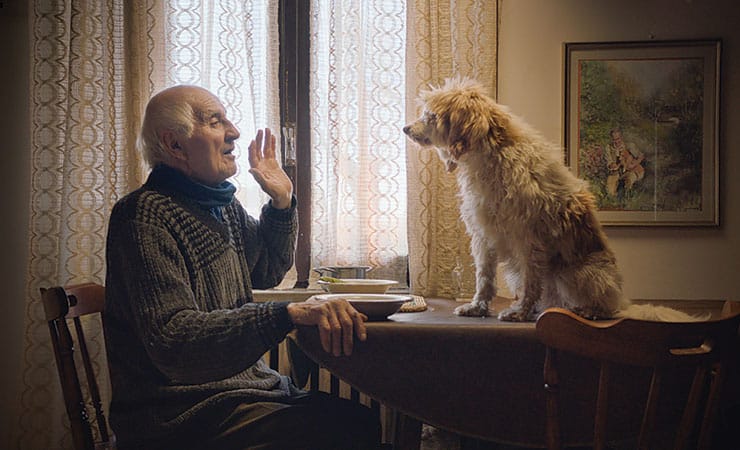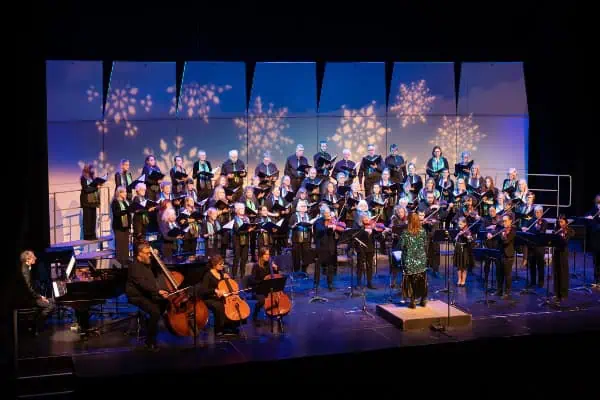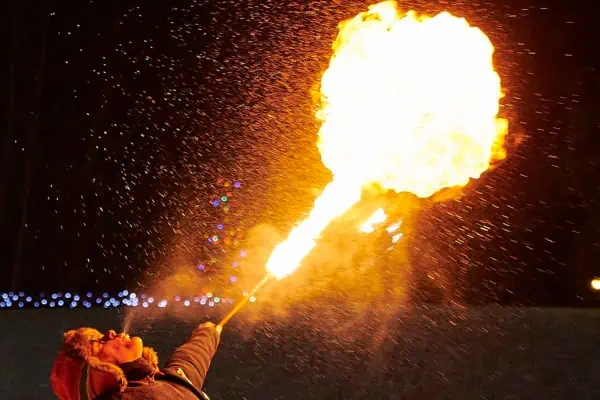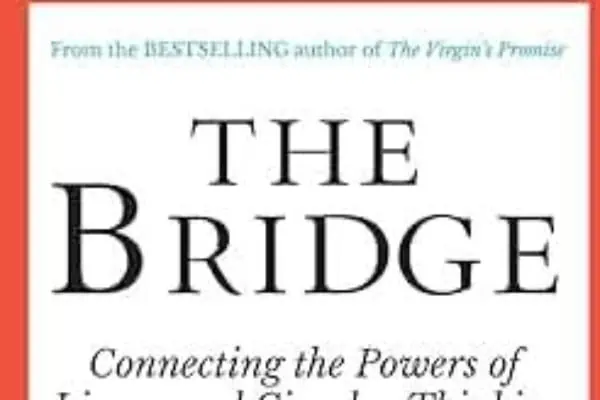It’s been a tough year for both festival-goers and festival-producers since the outbreak of COVID-19, but there’s a sliver of light on the horizon; the Available Light Film Festival (ALFF) is a go, if in a new, socially-distanced incarnation. Long a staple of the winter festival circuit for Yukoners, ALFF has had to revamp the way it offers films in the wake of the Pandemic, says Andrew Connors, the artistic director for the Yukon Film Society (YFS), which is responsible for the festival. The 2021 ALFF will be a hybrid of online and in-person events. When the festival opens on Feb.5, Yukoners will be able to stream over 60 films – 35 features and and 30 shorts – or else attend a smaller selection of limited-seating, socially distanced films screened in person.
Beans Directed by Tracey Deer
In-cinema screening: Friday, February 5 — 5:45 PM
“We’re actually in a somewhat privileged position, because we were one of the last festivals that actually got to be live last year, which already feels like 30 years ago,” says ALFF programmer Vivian Belick, referring to the 2020 ALFF, which wrapped up only a few weeks before COVID forced much of the world into lockdown.
“We’re also extremely lucky up here, that we are able to even do anything in person. I think that we’re probably one of the few festivals (able to do so), certainly in Canada… so I feel really lucky to be able to screen films in person, even though it’s going to be much different than last year.”
The festival has also been fortunate in that it has been able to observe how other festivals have handled operating – or not operating – during the pandemic; lessons they’ve been able to incorporate into ALFF this year, Belick notes. Usually, they bring up about 50 or so people from across Canada to attend the festival, which (of course) they haven’t been able to do this year. That, combined with the limited in-person screenings and the limited seating at those screenings, means things “are certainly going to feel a little bit more empty this year,” she says.
ALFF will still be hosting Q+A sessions and artist talks with filmmakers, as it has done in the past, Connors says, but instead of having them be in-person group events, they’ll be held live online, and then recorded and posted online, making them, in some ways, more accessible than they would have been before.
“The idea is that they’re participatory,” says Connors. “People can send in questions, and especially the industry sessions, those will just be over Zoom.” “The idea is that people can be outside, enjoying the winter weather and the river while they view these films,” he adds.
In addition to the screenings, ALFF has a new award this year, thanks to a new partnership with Canada Goose. The Made In The North Award is open to Canadians who identify as LGTBQ2S+ or as a BIPOC, with a $5,000 prize awarded to the winning feature film, plus two prizes – one open to everyone and one open specifically to Northerners – for the best short films.
Releasing films during a pandemic has required a real shift in the industry, says Connors, noting that most, although not all, of the films will be available online not only to Yukon viewers, but to Canadian viewers, which effectively greatly expands the audience ALFF is able to reach. All the films on the docket will be available online to residents of both the Yukon and the Northwest Territories.

In-cinema screening: Saturday, February 13 — 8:00 PM
Fifteen of the 30 feature films will be screened in-person, around three-quarters are documentaries, with a near-even split between Canadians and international films. Offerings in the line up include such as titles as festival-opener Beans, a drama centred around the Oka Crisis by Mohawk filmmaker Tracey Deer, The Truffle Hunters, a documentary on the men who hunt an epicurean delight, the alba truffle, directed by Michael Dweck and Gregory Kershaw, and Monkey Beach, an adaption of the Eden Robinson novel of the same name by Metis Cree director Loretta Todd.

In-cinema screening: Saturday, February 13 — 5:30 PM
In addition to these events, there will also be screenings of a selection of Indigenous films, including an outdoor selection of shorts, at the Kwanlin Dün Centre.
The Available Light Film Festival runs from Feb. 5-22. For a full festival schedule of films and events, or to buy tickets visit https://yukonfilmsociety.com/alff.
https://www.whatsupyukon.com/event/yukon-events-available-light-film-festival-2021/




